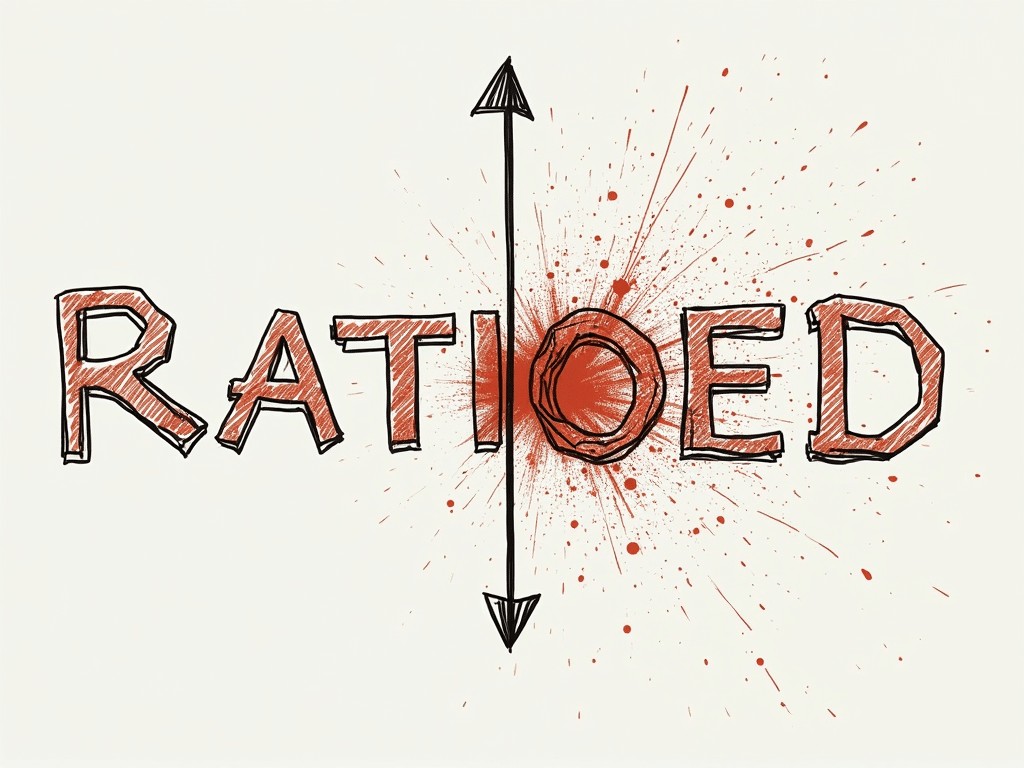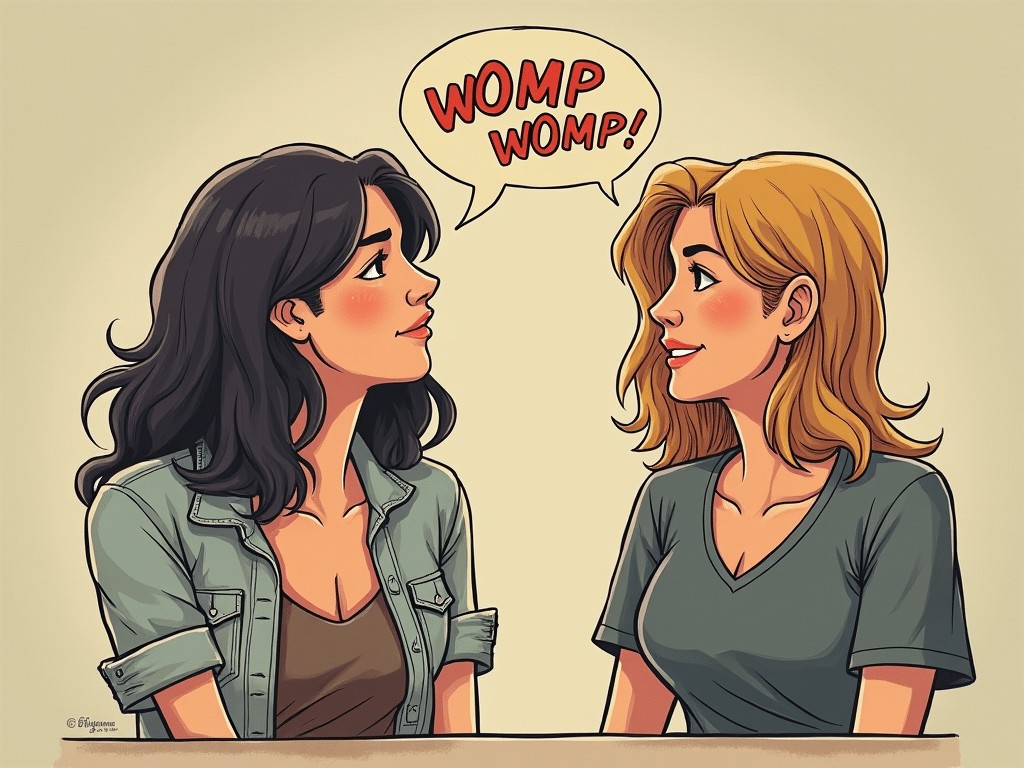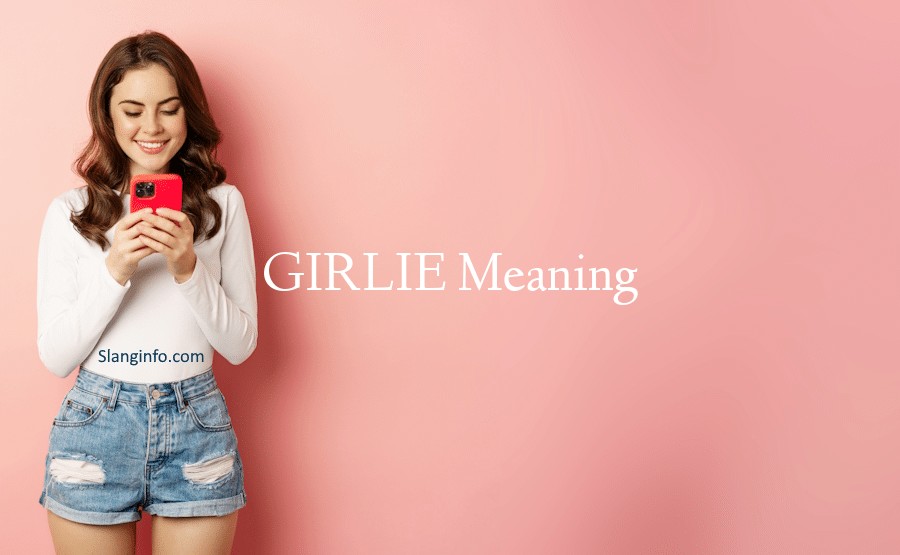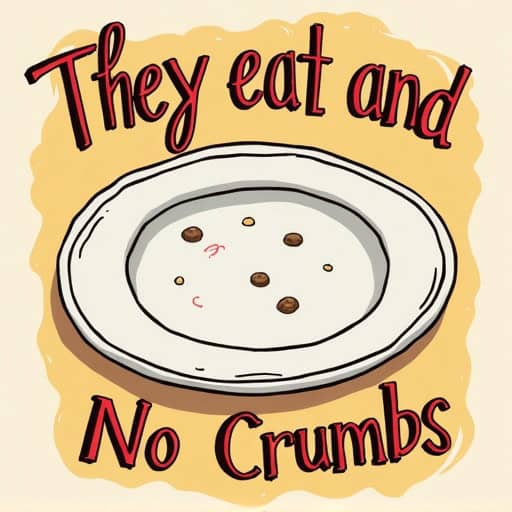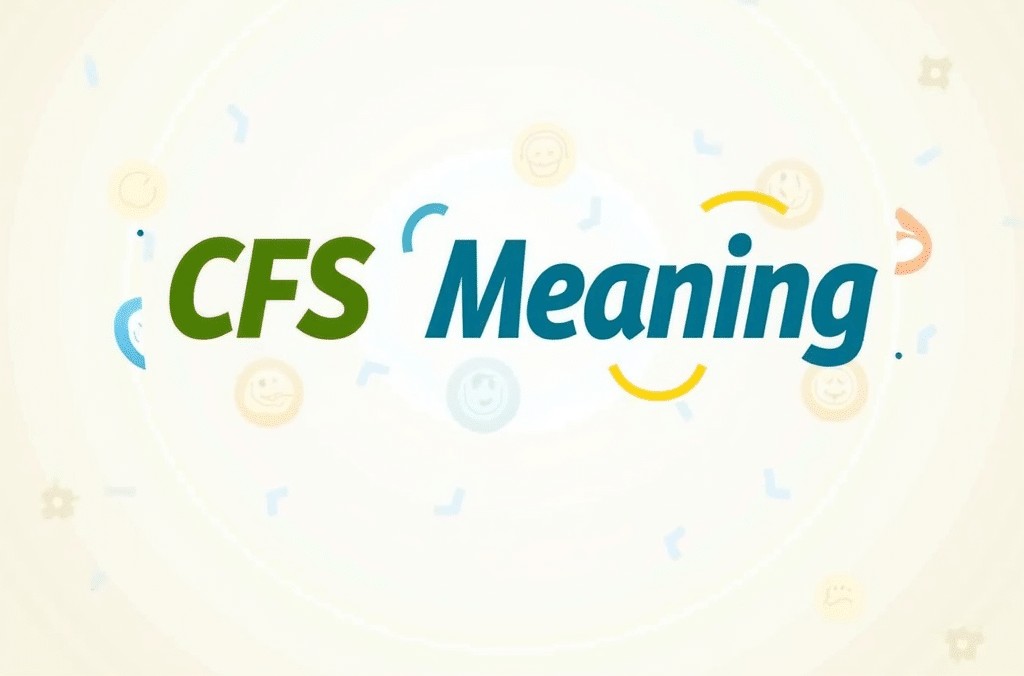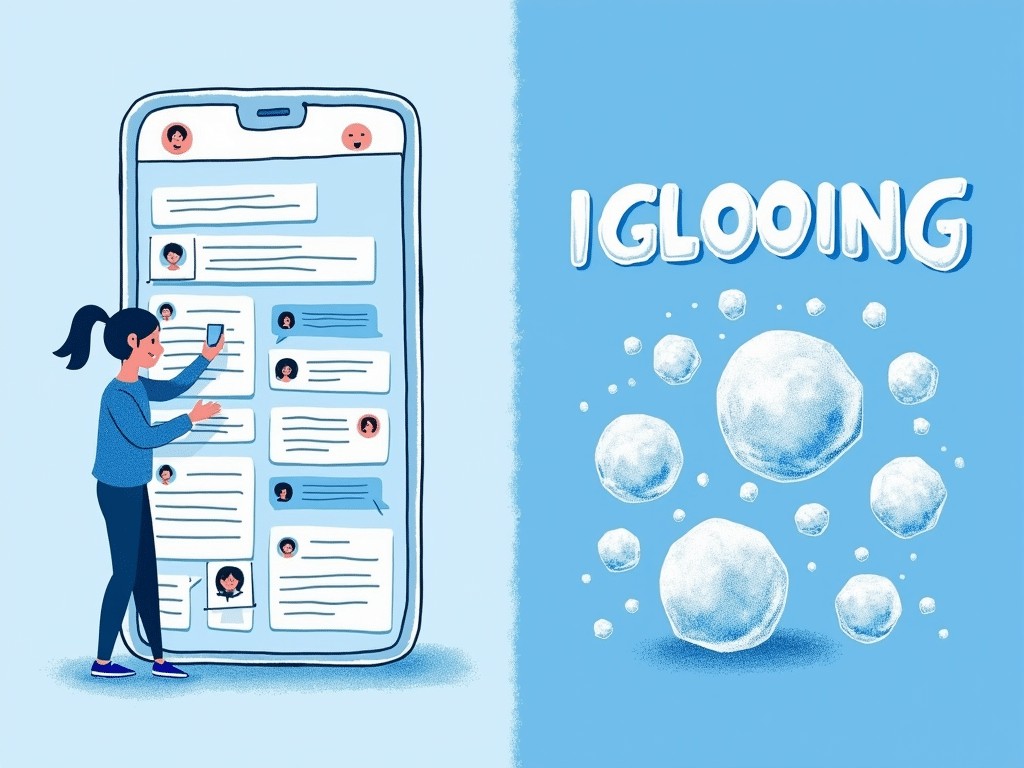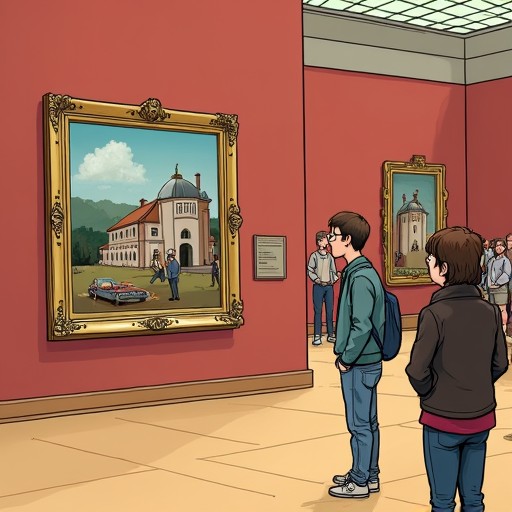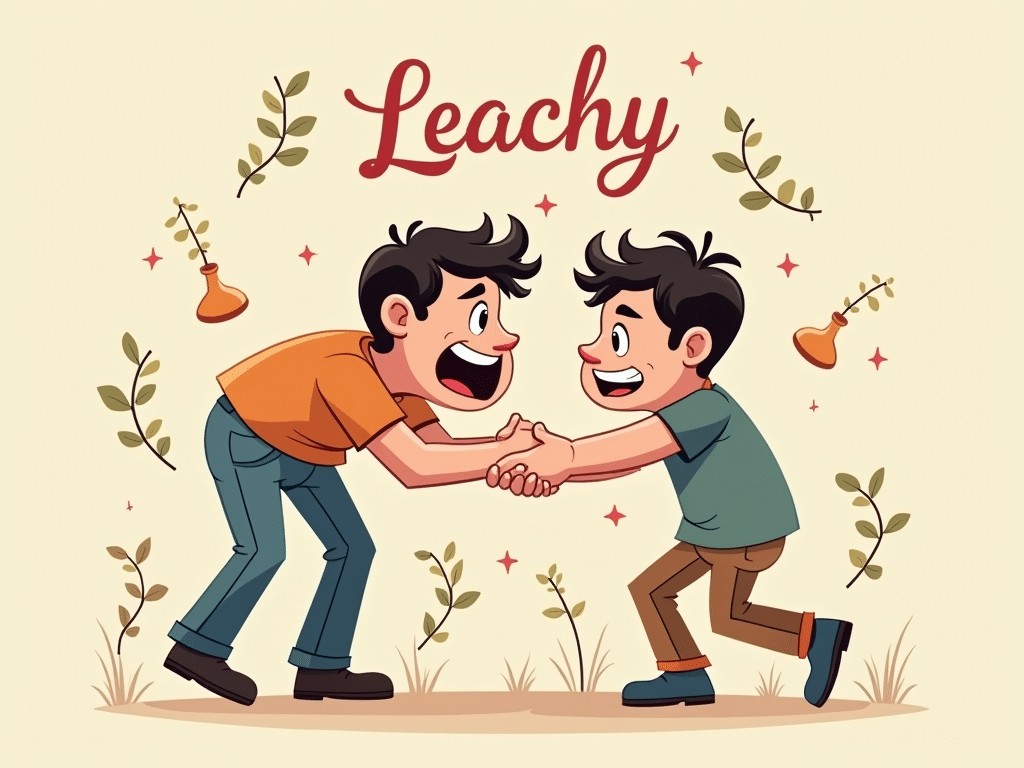Ever called someone a “Bozo” and instantly felt like you just handed them a one-way ticket to the Clown Town express? Yeah, that’s the energy this word brings. In slang, Bozo is basically shorthand for a clueless, goofy, or downright silly person who’s messing things up, usually in a way that’s laugh-out-loud ridiculous rather than seriously annoying.
To boil it down — when you call someone a Bozo, you’re saying they’re acting dumb or foolish, but often with a lighthearted or playful jab instead of a hardcore insult. It’s like telling your friend, “Bro, you really missed the mark on this one,” but with a bit more theatrical flair.
Common contexts where you’d hear “Bozo”:
- When someone makes an epic fail, like trying to flex with a trendy sneaker but it’s on the wrong foot.
- To gently roast someone who just said the most random or hilarious nonsense.
- When people talk about internet trolls or gamers playing embarrassingly bad.
Alternate spellings or forms: Mostly, it stays “Bozo,” but sometimes people will stretch it out as “Booozo” for extra drama or add playful suffixes like “bozoid” (yes, it’s a thing).
Pronunciation: BOH-zoh — super straightforward. The emphasis is on the first syllable, kinda like calling out your friend’s name, but with more judgment.
Typical tone: It’s usually sarcastic or playful, rarely serious. It carries a light roast vibe, like your friend’s teasing you after you trip over nothing. Definitely more fun than furious.
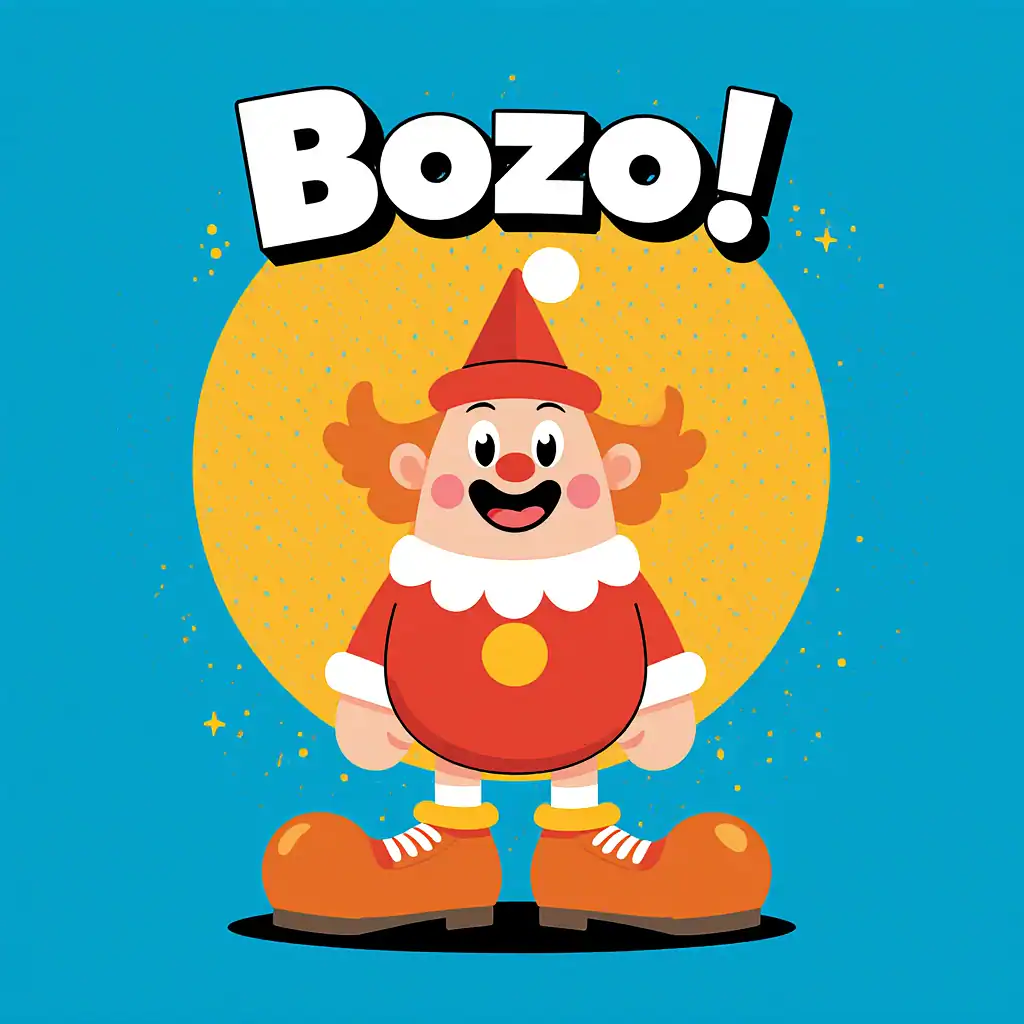
Origin and Evolution of “Bozo”
Where’d this fun little insult come from? Believe it or not, Bozo traces back to a clown character from the 1940s and 50s — yep, a literal clown named Bozo the Clown. He appeared on TV and children’s shows, it was a huge thing back then. Clowns have always been symbols of silly or foolish behavior, so the name quickly morphed into street slang for someone acting like a total goofball.
By the mid-20th century, “Bozo” had jumped from the TV screen into everyday language, especially in American English. Street kids, teenagers, and later internet users started flashing it as a casual diss.
When did it get popular?
- 1940s-50s: Bozo the Clown on TV
- 1960s-70s: Gained traction as slang for foolish people
- 1990s: Started popping up in hip hop and B-boy culture
- 2010s-now: Renaissance on social media platforms like Twitter, TikTok, and Twitch
Platforms and subcultures that first used it:
- Early TV audiences (kids and parents)
- Urban youth culture, especially in the U.S.
- Hip hop communities, gamers, and internet users later revived the term
How it evolved over time:
It shifted from literally meaning “a clown” to a broader insult for anyone acting dumb or ridiculous, often socially clueless.
| Decade | Usage Highlights | Cultural Spike |
|---|---|---|
| 1940s-50s | Bozo the Clown kids’ TV show | Bozo gains fame via children’s programming |
| 1960s-70s | Slang for foolish people in everyday talk | Spread in urban slang scenes |
| 1990s | Used in hip hop music and street slang | Featured in songs and rap battles |
| 2010s-now | Viral slang on social media platforms | TikTok videos mocking “bozos,” Twitch chats |
Modern Usage of “Bozo”
“Bozo” today wears many hats. Here’s a quick rundown of some common ways you might see it floating around online or IRL:
- Sarcastic Roast
“Dude, you tried to slide into her DMs with a pickup line from 2005? Total bozo moment.”
Use: Calling out someone’s lame move but with a wink. - Playful Tease
“You forgot your own birthday? Who’s the bozo now?”
Use: Light teasing among friends, no harm intended. - Genuine Insult
“Stop acting like a bozo and get your stuff together.”
Use: A more serious jab, usually from someone genuinely annoyed. - Self-Deprecating Humor
“I’m such a bozo — just walked into the wrong classroom again.”
Use: Making fun of your own screw-ups to keep things chill. - Label for Clueless Internet Trolls
“Ignore that bozo trying to start drama in the comments.”
Use: Dismissing someone acting foolishly online.
Who Uses “Bozo”
This word is pretty much everywhere you’d expect modern slang to be. Here’s a quick look at who’s throwing the term around most:
- Age groups:
- Gen Z (teenagers and early 20s) love it for its nostalgic yet fresh vibe.
- Millennials still toss it around, especially on Twitter and Reddit.
- Older generations sometimes use it too, mostly because of Bozo the Clown memories or random exposure.
- Platforms:
- TikTok (funny skits and call-outs)
- Twitter/X (quick roasts and memes)
- Twitch (stream chat banter)
- YouTube (comment sections and video titles)
- Niche groups:
- Gamers (for epic fails or clueless plays)
- Influencers (roasting other creators)
- Meme makers and viral challenge participants
| Platform | Typical Usage Style | Age Group | Context |
|---|---|---|---|
| TikTok | Skits, Challenges, Roasts | Mostly Gen Z | Funny videos and quick comebacks |
| Sarcastic comments | Millennials, Gen Z | Social commentary and roasts | |
| Twitch | Chat banter during streams | Gamers, Gen Z | Reaction to gameplay blunders |
| YouTube | Comments & video titles | All ages | Reaction vids and trolling |
Example Sentences with “Bozo”
Here are a few natural and fun examples you might hear in real life or online:
- “Man, you left your phone on the subway again? Classic bozo move.”
- “Only a bozo would think candles are for birthday celebrations only.”
- “She said ‘lol’ after breaking her phone—total bozo response.”
- “He tried to join the Zoom meeting but forgot to unmute. Big bozo energy.”

